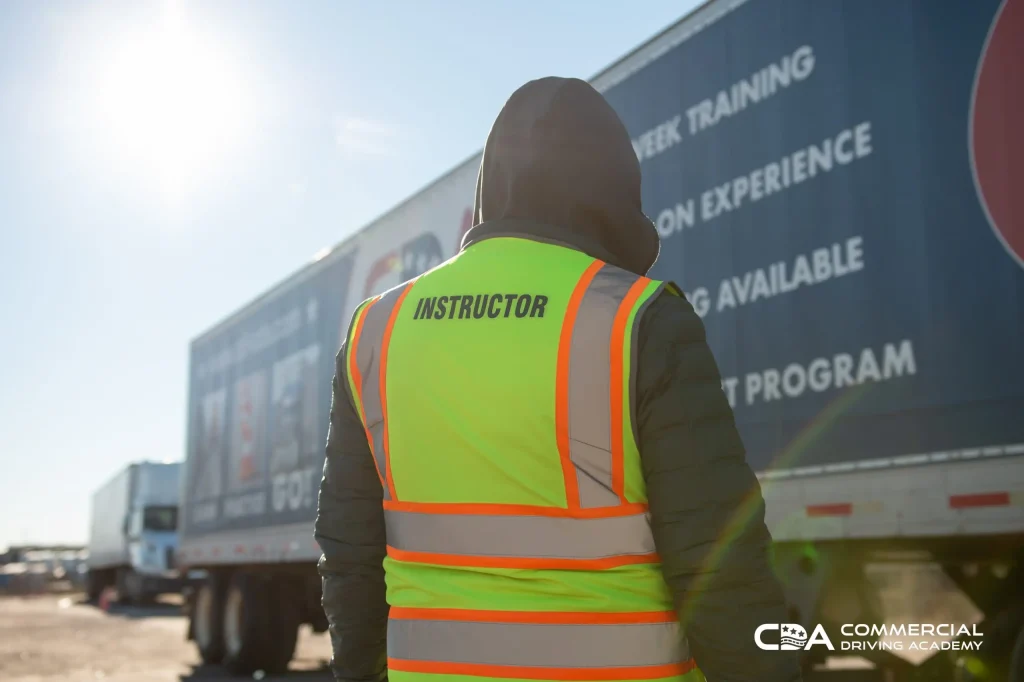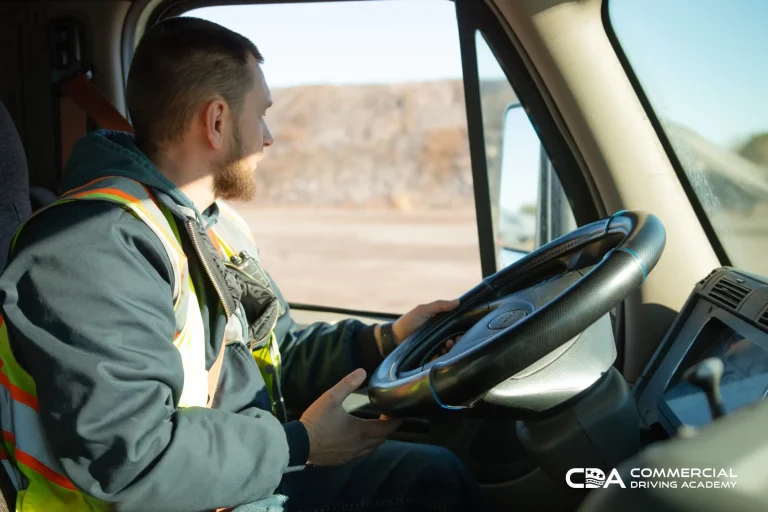
New pilot program for 18 year olds to cross state lines in Semi-Trucks
Throughout the Pandemic, the demand for truck drivers has increased tenfold to maintain our core structure as a nation. During Covid-19, we have seen the driver shortage increase to over 80,000 drivers due to illness, early retirement, and the overall median age of drivers over 45 years old. The White House has recently attempted to combat this driver shortage and fix the supply chain issues by launching an apprenticeship program with several trucking companies that allow younger adults to receive their Commercial Driver’s License and guaranteed work. While that plan has great merit, they are now taking it a step further.
Last month the FMCSA(Federal Motor Carrier Safety Administration) announced a new program that will allow 18 to 20-year-olds across the country to drive a Semi across state lines. Previously, the age requirement for crossing state lines in a Semi was 21. This rule wasn’t a hindrance for young adults that live in large states like California or Texas, as they could drive for up to 16 hours and still be in the same state.
In order to maintain the integrity of the program and keep safety at the forefront, the FMCSA has announced that it will accept up to 3,000 drivers in the program at any given time. The young drivers will undergo heavy screening throughout the duration of their time in the program, which requires them to avoid crashes, tickets, and meet other safety standards. For an additional layer of safety, the FMCSA has stated that the drivers enrolled in the new pilot program will not be allowed to drive trucks that are transporting passengers, hazardous materials, double or triple-trailer combinations, or cargo tank vehicles.
The Vice President of workforce safety for the American Trucking Association has praised the new plan with its enforced steps to maintain security, stating, “This program creates a rigorous safety training program, requiring an additional 400 hours of advanced safety training, in which participants are evaluated against specific performance benchmarks.”
The FMCSA has announced a strict set of protocols that they will follow to determine which individuals are allowed into the program and criteria that drivers must meet to maintain their status within. Any driver that applies that has previously had their driver’s license suspended, revoked, or canceled; has broken any motor vehicle control law, except for parking violations; has been convicted of driving under the influence, or has been convicted of a crime while using a vehicle will not be permitted to enter into the new pilot program.
Drivers who are accepted into the program will start under probation that will allow them to drive across state lines over 120-hour and 280-hour time periods with a current CDL holder that has a minimum of 5 years experience operating a Semi-Truck in the passenger seat. Young drivers in the program will not be allowed to drive over 65 miles per hour.
The FMCSA has announced that the trucks used by these young drivers will be required to have a certain measure of safety features included in the vehicle. Each truck must be outfitted with forward-facing video cameras and an automatic electronic braking crash system installed. After the allotted 120 to 280-hour probationary period, while the driver is under direct supervision, the driver will be allowed to drive independently but will still be closely monitored until they are 21 years of age. The planned program is set to last up to three years from implementation. The FMCSA is mandated to report directly to congress with safety records to show the impact of age differences on safety in the industry.


